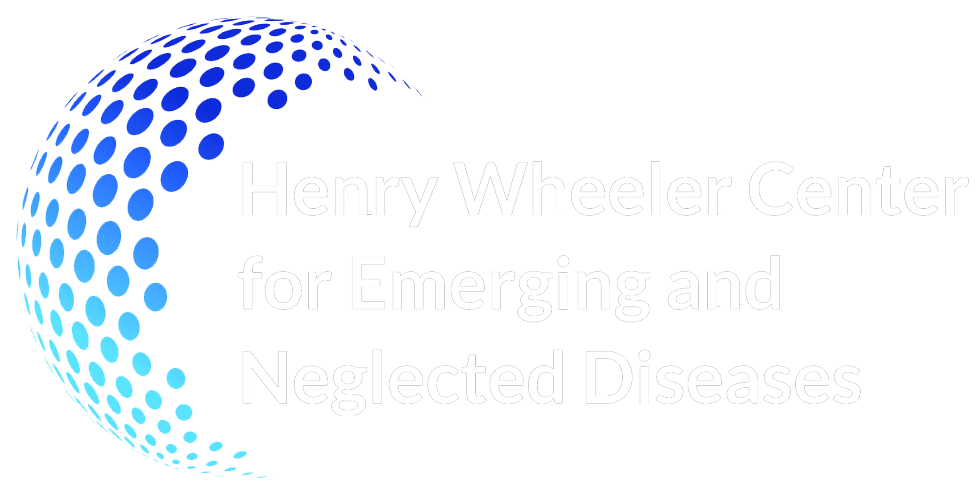Attachment 1 (Online Version): Participating Labs for International Training Grants
Applicants may propose to perform an international training project within any single research group within a public or private research institute or not-for-profit within the San Francisco Bay Area, as well as Davis, Sacramento, or Santa Cruz, California. As part of the Expression of Interest, applicants are asked to name the research group and (briefly) why this group was selected.
The following have indicated an interest in participation in international training grants for use in pursuing the goals of a proposed project.
Projects to be proposed under International Training Grants must be in the Area of Interest for the lab and apply one or more techniques utilized by the lab.
University of California, Berkeley (www.berkeley.edu)
- Coscoy Lab (http://mcb.berkeley.edu/labs/coscoy/)
PI: Laurent Coscoy
Research Area: Herpesvirus immune evasion by antigen processing interference, epigenetic manipulation by herpesviruses, herpesvirus tropism and entry virology.
Techniques: BAC mutagenesis, tissue culture infection models (classical and coculture), tissue culture reactivation model, TCID/plaque assays, flow cytometry, Cas9 plasmid/RNP-mediated knockouts and screening, dCas9 gene interference.
- Cox Lab (http://www.coxlab.berkeley.edu/)
PI: Jeffery Cox
Research area: M. tuberculosis host-pathogen interaction and innate immune response.
Techniques: M. tuberculosis genetics, ex vivo macrophage infection models, in vivo mouse infection models, mass-spectrometry, confocal microscopy, RNA seq.
- Harris Lab (http://sph.berkeley.edu/eva-harris)
PI: Eva Harris
Research Area: Molecular virology, Dengue virus pathogenesis, mechanisms of vascular leak in severe Dengue disease, human immunology, epidemiology
Techniques: Viral diagnostics, mouse model of dengue vascular leak syndrome (in vivo), in vivo and in vitro models of endothelial permeability, confocal microscopy, flow cytometry, Quad-color FluoroSpot assays to assess antibody cross reactivity.
PI: Daniel Portnoy
Research Area: Physiology, pathogenesis, and immune evasion of Listeria monocytogenes. Broad interests in induction and consequences of innate and adaptive immunity to intracellular pathogens.
Techniques: Bacterial genetics, forward genetic screens in Listeria, tissue culture and in vivo infection models, Listeria-based vaccines, and microscopy focused host cell biology during infection.
- Riley Lab (http://www.ucbrileylab.com/)
PI: Lee Riley
Research Area: Pathogenesis of mycobacteria and gram-negative bacteria, molecular epidemiology
Techniques: Genotyping techniques for Gram-negative bacteria (GNB) to study molecular epidemiology of GNB infections in healthcare as well as community settings, bioinformatics to analyze whole genome sequences of GNBs, biomarker assays to diagnose TB and latent TB infection
- Shastri Lab (http://mcb.berkeley.edu/labs/shastri/)
PI: Nilabh Shastri
Research Area: Immune-surveillance and response to cancer and pathogens, MHC peptide processing and presentation
Techniques: Mouse model, mouse chimeras, flow cytometry, in vivo cytotoxicity assays, T cell response assays, MHC peptide extraction and analysis
- Stanley Lab (http://thestanleylab.org/)
PI: Sarah Stanley
Research Area: Mycobacterium tuberculosis pathogenesis and immune subversion, innate immune responses to Mtb infection, host-targeted therapeutics, vaccine studies and immunological analysis
Techniques: Mtb genetics, mouse model of infection (in vivo and in vitro), human primary cell infection, microscopy, transposon-sequencing screens, Cas9 mediated knockouts in primary cells and cell lines, identification of novel drug targets, drug resistance analysis
